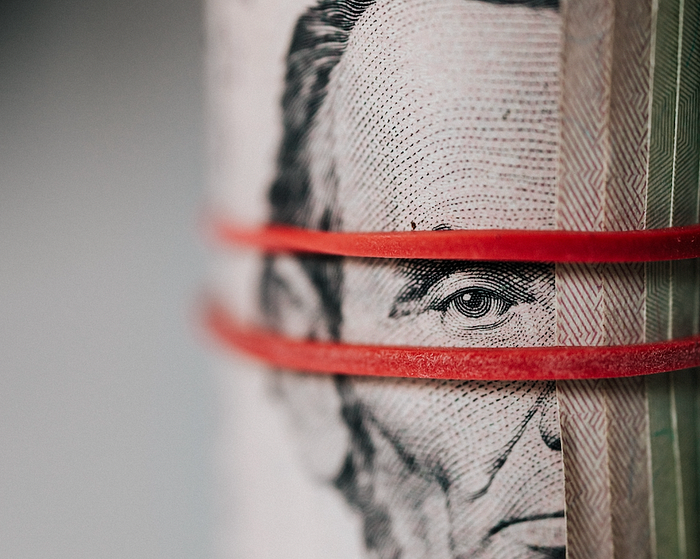3 Ways to Prepare Your Portfolio as Recession Probability for 2023 Hits 57.77%

Key takeaways
- The Fed predicts a mild recession will hit the U.S. economy by the end of the year
- There’s still plenty of time to use our top three tips for preparing your investments ahead of one
- AI investing takes away the guesswork while helping you grow your returns
When it comes to the ‘R’ word, we’ve officially had alarm bells ringing with the Fed now talking about a mild recession hitting the U.S. later this year. It’s enough to make the hardiest investor worried about how their portfolio might fare.
And according to the New York Fed, the probability of a recession is now at 57.77%.
Relax. We’ve got your back with the top three ways to help hedge against headwinds and hunker down for a financial storm.
If you’re worried about a recession, Q.ai’s Recession Resistance Kit might be the soothing balm you need. The Kit invests in ‘recession-proof’ stocks and companies to help you build wealth. The secret? AI looks at the assets set to perform and automatically adjusts your investments in the holdings. It’s like having your own personal hedge fund at your fingertips.
Download Q.ai today for access to AI-powered investment strategies.
Diversification
If you’re heavily invested in individual companies or just one asset class, it’s time to change that. Spreading your portfolio across stocks, bonds and ETFs, to name a few, minimizes your exposure to macroeconomic headwinds.
If you’re most in on the stock market, consider adding some ‘recession-proof’ stocks to your portfolio. Consumer staples, utilities and healthcare tend to do well regardless of the economic situation.
Cash is king
Having enough money to pay the bills is easier when employment is high and interest rates are healthy. Sadly, this isn’t that kind of environment. Building up your cash reserves for short-term pain points and reducing debt will serve you well during a recession. 3–6 months’ worth of savings is a good rule of thumb.
Having a short-term fund will also help you manage the temptation to dip into long-term savings like your portfolio returns to pay for things. It takes time and discipline to build up cash reserves, but it’s well worth the sacrifice.
Try AI investing
We’re a little biased, but we think AI investing is the best invention since sliced bread. It’s a fuss-free way of keeping your investing options open and helping you to grow your portfolio with a fraction of the effort. That’s why we created investing Kits, designed by humans and powered by artificial intelligence.
All because a nifty little AI does the heavy lifting by scanning the data so you can focus on other things. It looks at the traditional data, like pricing and short interest, but also news and social media to predict whether the tide is turning and adjust each Kit’s holdings accordingly.
The bottom line
A recession isn’t a time to try anything crazy, but it’s also not always a doom-and-gloom situation for your investments. There are opportunities abound for your portfolio, especially if you let AI investing do the driving for you. Pair that with a sensible approach to your personal cash flow, and you’re onto a winning strategy to help beat any recession.
While high inflation is stubbornly persistent, make the best of the situation with Q.ai’s Inflation Protection Kit. It includes assets like securities, precious metals and commodities which an AI algorithm weights each week by assessing the data so you don’t have to.
Download Q.ai today for access to AI-powered investment strategies.
